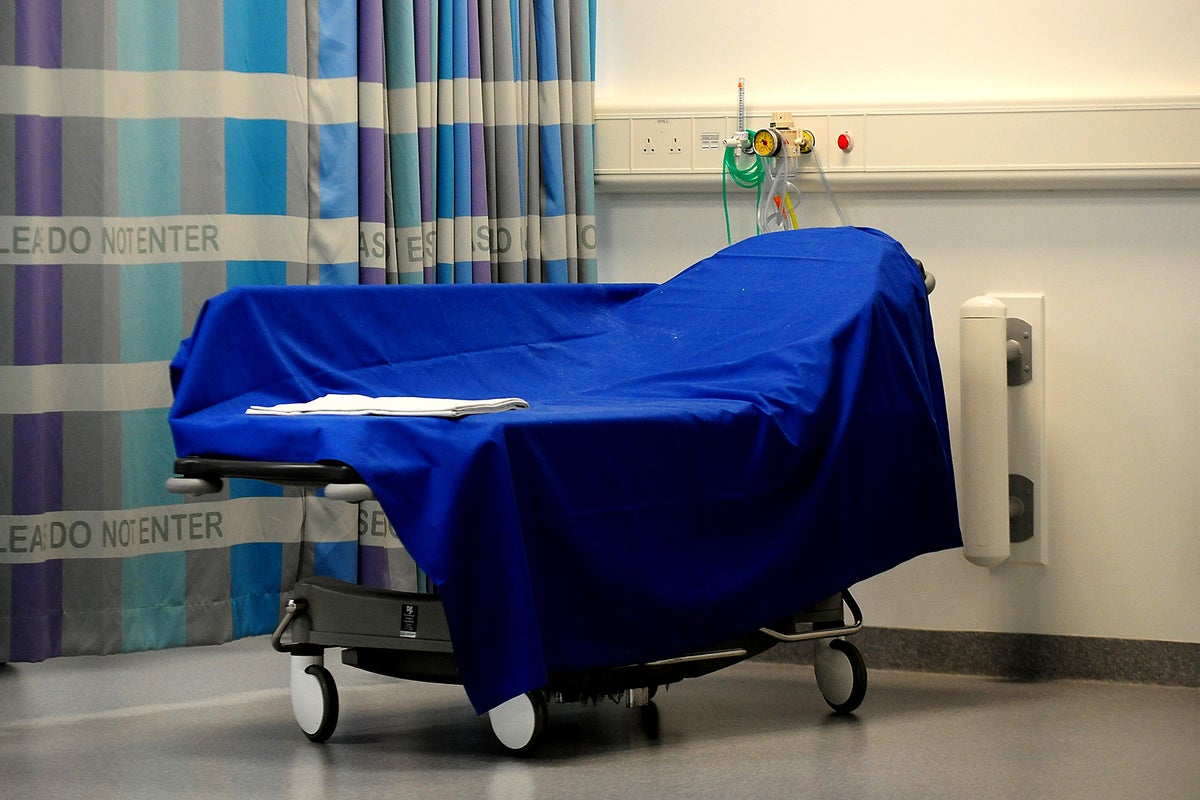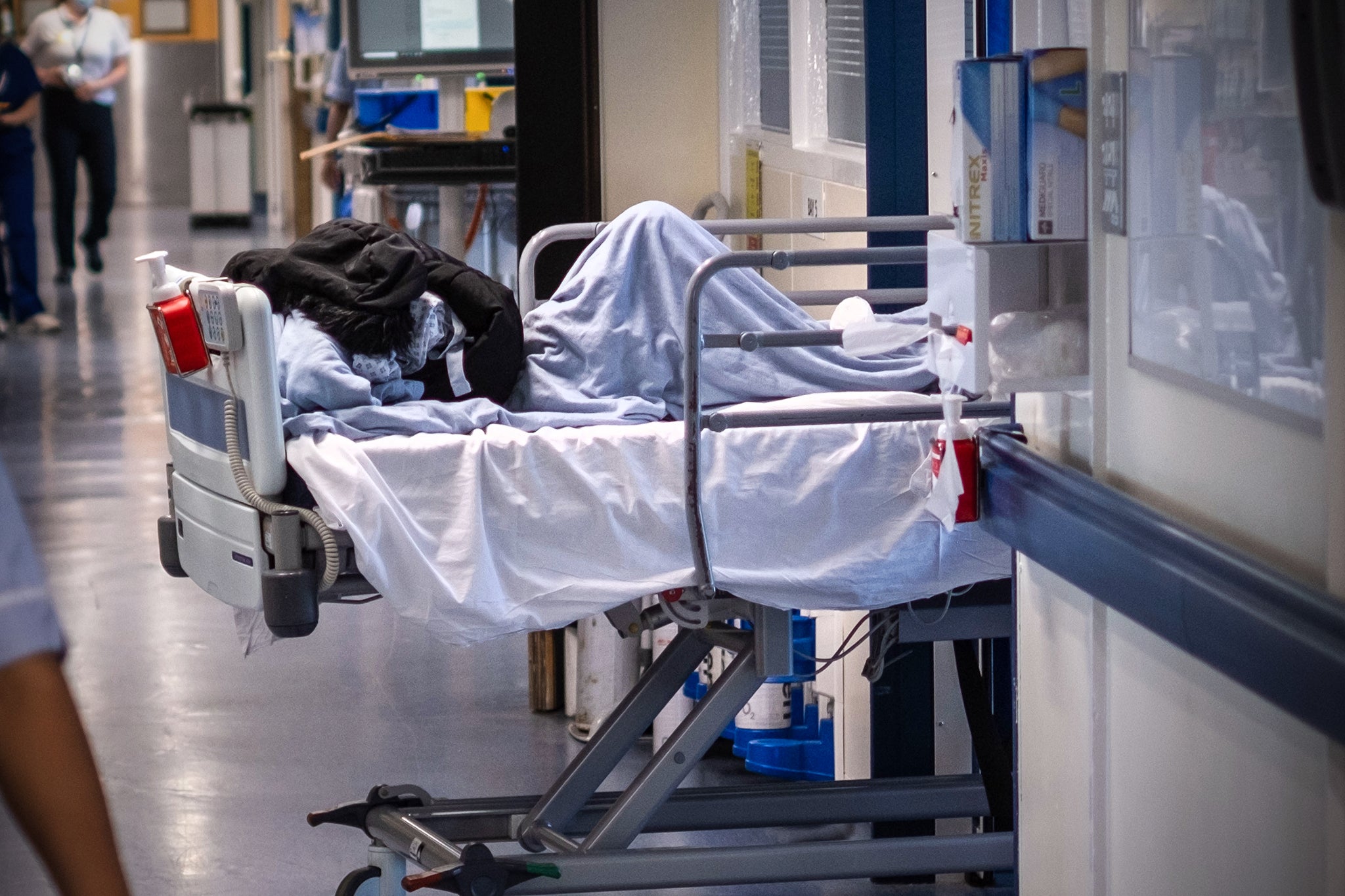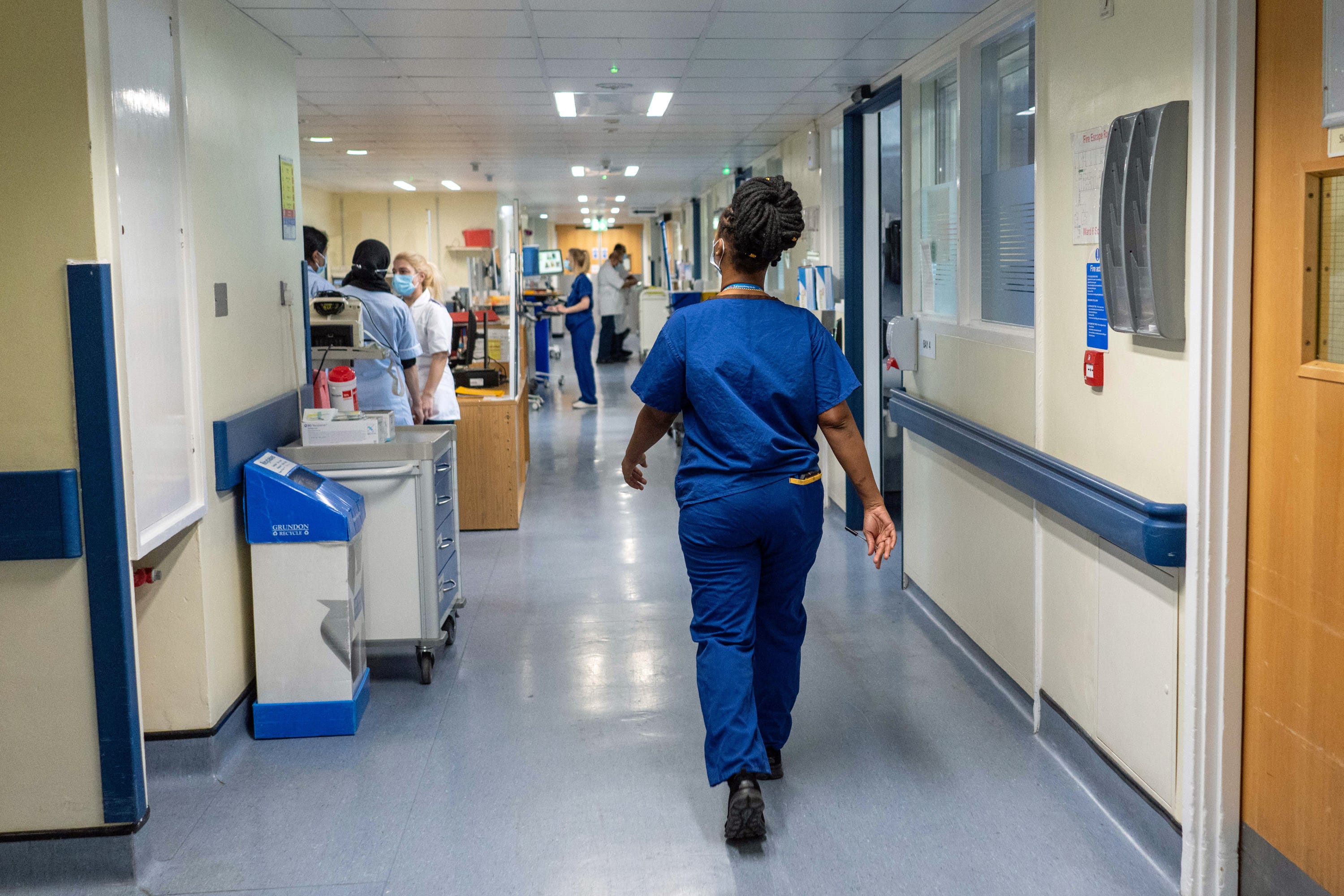
Leading doctors say treating patients in corridors, cupboards and even toilets has gone from being unheard of to “a daily feature of life” in the UK’s hospitals, and said the practice must be eliminated.
The Royal College of Physicians (RCP) called for a “zero tolerance” approach to the NHS corridor care crisis, accusing health service leaders of not going far enough.
“This is unsafe and unacceptable and puts patient safety, dignity and staff wellbeing at risk,” it said.
Last week the Royal College of Nursing (RCN) published the testimonies of hundreds of nurses, who said patients were dying in corridors and sometimes going undiscovered for hours, while sick people were being left to soil themselves.

The “harrowing” RCN report told of patients sitting for days in chairs – so-called “chair care” – people left in corridors, delays to treatment and the elderly unable to get help because of a lack of call bells and not enough staff.
The RCN found patients are regularly treated in bathrooms, shower areas, cloakrooms, bereavement rooms and even viewing rooms, where families visit dead relatives.
Dr Hilary Williams, RCP vice president for Wales, said this type of work “must never be normalised”.
“It’s disheartening, distressing and disturbing to be treating patients who are lying on trolleys or sitting in chairs, especially when they are older, frail and vulnerable. We simply cannot accept this way of working,” Dr Williams said.
The RCN also called for immediate Government action to end “corridor care”, which it says has become normalised and is not just occurring in the winter months, and on Wednesday, the RCP called for the information relating to corridor care to be published rapidly, regularly and all year round.
Dr John Dean, RCP clinical vice president, said gathering data on the issue was a crucial step towards fixing it.
“‘Corridor care’ is no longer a problem confined to the winter months,” he said.

The RCP said it welcomed NHS England’s recognition of the problem, but guidance issued so far “does not go far enough and does not give the detail that staff need to provide care safely in these environments”.
“Care provision in inappropriate areas reflects a lack of capacity within health and care systems to manage the demand for patients requiring urgent and emergency care.
“However, the scale of this problem is not understood.”
Samantha Mauger, chair of the RCP patient carer network, said: “Patients and carers attending an emergency department will be worried, scared and sometimes, in crisis.
“‘Corridor care’ is a clear symptom of the broader challenges facing the NHS, and has profound implications for patient safety, dignity and staff wellbeing.
“Patients being cared for in temporary care environments deserve the same standard of care that is offered to all patients admitted to hospital.”
Dr Anthony Martinelli and Dr Catherine Rowan, co-chairs of the RCP resident doctor committee, said: “Over the decade we’ve spent working in the NHS, treating patients in corridors has gone from being almost unheard of to a daily feature of life as a resident physician.
“Many newly qualified doctors have known no other reality. We must work together to show that the NHS can improve and get back to providing the safe, dignified, and high-quality care that patients deserve.”
The RCP said crowding in emergency departments has become increasingly prevalent in the UK over several years but has particularly escalated over the past 12 to 18 months.
In December, more than 54,000 patients in England waited more than 12 hours for admission to a bed, while research shows that patients who spend more than 12 hours in A&E are twice as likely to die within 30 days as those dealt with within two hours.







